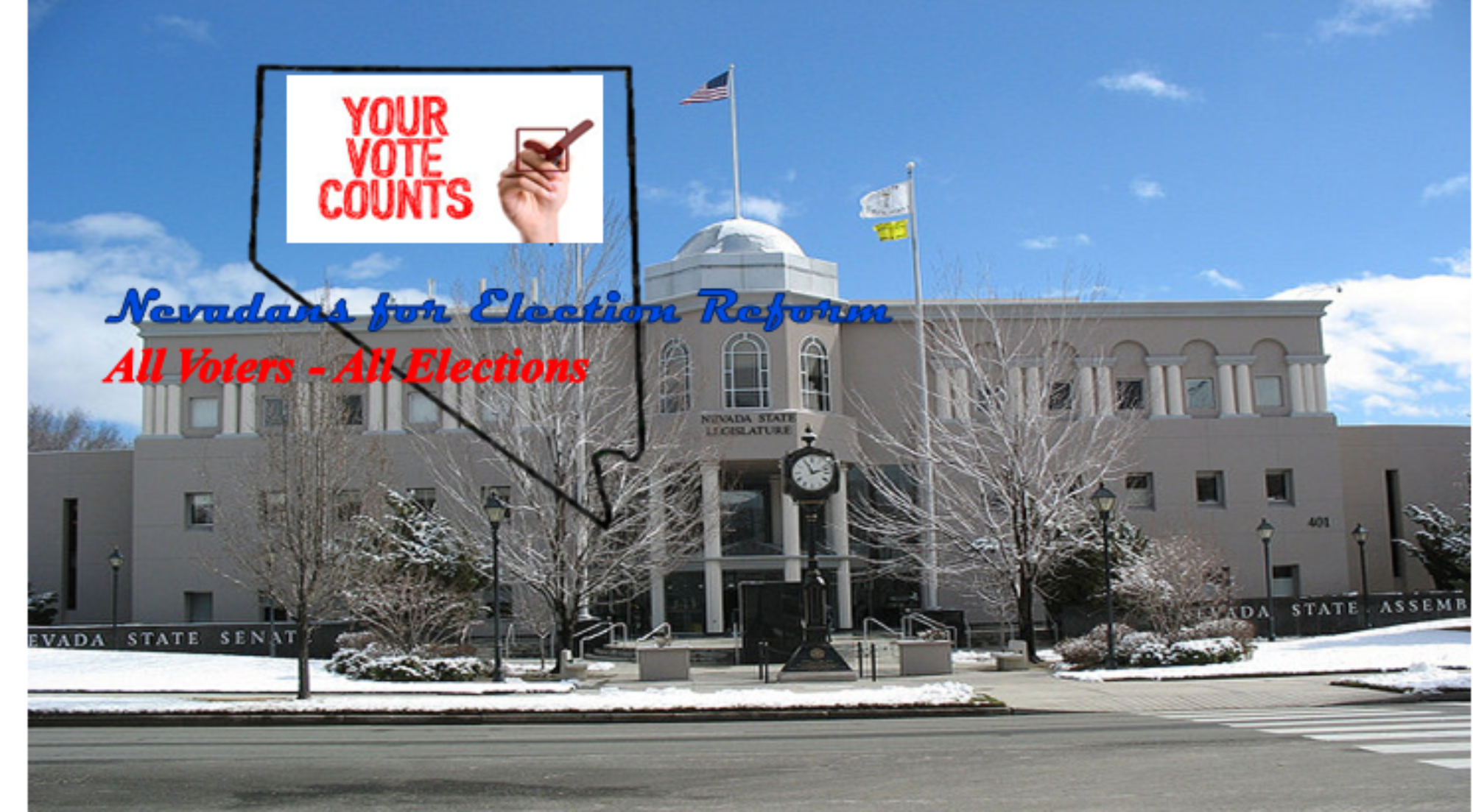The days of Edward R. Murrow, Walter Chronkite, Chet Huntley, David Brinkley, Frank McGee, Eric Sevareid, and Nancy Dickerson are gone. Reporting the facts has been replaced with commentary, meant to evoke emotion, entertain, and “sell”. We pay attention only to those whose commentary support our already cemented opinions and rally to the heightened emotion and rush to “buy”.
Does The Media Purposely Fan The Flames Of Political Divisiveness? Anne Kim, editor and co-founder of Republic 3.0 and The Hill contributor provides the answer in her
March 12, 2015 The Hill column “When the political press becomes the polarizer”.
“All of this is why political journalism might be fanning the flames of the polarization that it both decries and eagerly covers. And in fact, centrists and political moderates are among the first victims of today’s politics-as-reality-show political coverage. For one thing, the bias toward conflict-focused coverage creates a reality distortion field where the context for any proposal becomes a pitched battle between two opposing forces. Differences in opinion are magnified into “rifts,” and disagreements morph into “feuds.” And moderates — who are inherently inclined to compromise — are almost inevitably cast as the villains.”
In her article, Kim notes research by University of Pennsylvania political scientist Matthew Levendusky further showing how partisan media may reinforce these divisions. “Through a variety of experiments aimed at measuring partisan media’s impacts, Levendusky found that exposure to polarizing media can make people “a little more extreme, a little less positive toward the other side, more unwilling to compromise, and more willing to ascribe negative traits to the leaders of the other party.” A final consequence of current trends in political journalism is ironic, given the immense resources given over to political coverage: Americans may end up even less informed than ever about the policy choices the nation must make. And so long as serious policy efforts have little chance of winning equally serious coverage from the press, politicians have even less reason to offer solutions that make sense.”
Don’t believe the reality TV analogy? Check out my September 12, 2014 posting “New Reality TV Show Based On Congressional Gridlock” highlighting the reality TV show Rival Survival. In my opinion, we have become a society that wants to be entertained rather than informed and at times confuse what we hear when being entertained with fact.
This is also a major part of the problem. The media, whether online, broadcast, or print, is in the business of making money. Therefore, they provide a product that is in demand. If the demand was for facts and unbiased reporting of all sides of an issue that is what would be provided. Herein lays the solution.
By allowing all voters, regardless of party registration or registration as Non-Partisan to vote for any candidate regardless of party affiliation or status as a Non-Partisan in the primary election, the Nevada Election Modernization and Reform Act (NEMRA) could bring the discussion of issues back towards the majority of voters who want policy makers to collaborate and compromise rather than remain ideologically pure to find and implement solutions. This in turn potentially raises the demand for unbiased information. Enough to change the media demand? Only implementation of NEMRA and time will provide the answer.
